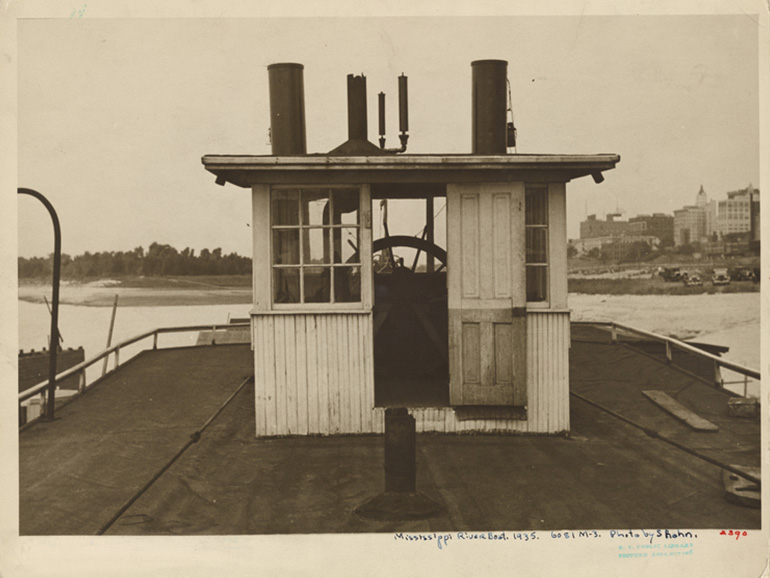Mercantilism and Imperialism
By the 1500s, feudalism began to be replaced by the new economic order ushered in by mercantilism and imperialism. What, you may ask, does any of this have to do with social welfare policy?
The transformation in these economic, political, and social systems caused significant upheaval and changes in the social structure. The Gemeinschaft communities of feudalism began to give way to increasing centralization of people in cities. This movement harkened the beginning of urbanization. Poverty, health epidemics, homelessness, and the resulting vagrancy increased rapidly. People found their livelihoods tied only to their own labor’s worth in the marketplace. Furthermore, unlike under feudalism, there was no sense of mutual obligation. Those who were wealthy had no obligation to ensure the welfare of those in the lowest socioeconomic classes.
